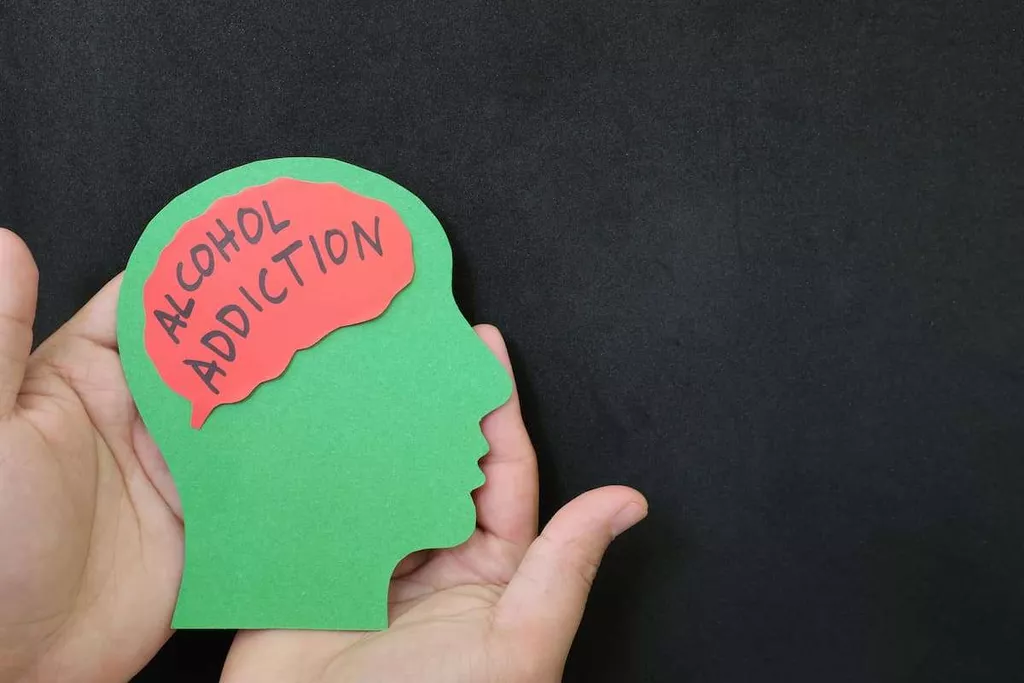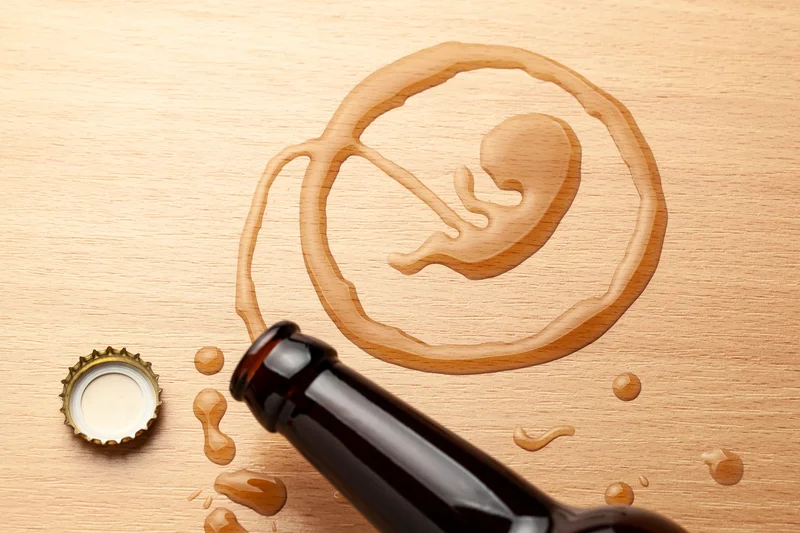
They may discover joys in activities that don’t include alcohol. For example, attending a concert, hiking, or visiting a museum. Stopping alcohol can significantly improve digestive health, leading to better well-being. Life continues to get better as we heal and move along our paths of recovery, whatever that looks like what happens when you stop drinking alcohol to you. All of life’s problems don’t go away, but we are much better equipped to handle them. Here are a few steps you can take to give yourself support and guidance throughout a month without alcohol.
Essentials Recovery
- If you are dealing with an alcohol use disorder, seeking professional support in early sobriety can help increase your chances of success.
- One of the first changes you’ll experience is better sleep and increased energy levels.
- It can even make it harder for you to read other people’s emotions.
- Finally, a healthier heart is something to celebrate one year into your alcohol-free journey.
- You don’t have to be a regular heavy drinker for alcohol to affect your immune system.
- Chronic dehydration can affect how you feel, how your skin looks, your hair quality and your overall well-being.
After about three days, sleep patterns are likely to improve, though it can take up to a month or longer for some people. After the 1 month mark, most people report more energy and a general sense of better mental health. During your first month of recovery, you may start to notice the emotional effects of quitting alcohol. These are all completely normal, and they’re your brain’s way of operating as it begins to heal itself from damage done by alcohol. However, during this period you may also start to develop important benefits of quitting alcohol, such as healthier liver function and longer, more restful sleep. If you are beset with the torture of heavy drinking and https://ecosoberhouse.com/ alcohol use disorder symptoms, don’t hesitate to reach out to Journey Hillside.
4 Weeks
In the coming weeks, your liver will also begin to repair itself. “After a few months, the brain will begin to return to health,” says Dr. Abramowitz. Your alcohol-induced anxiety levels have likely stabilized, too. Your sleep cycle is continuing to improve, so you’re getting even more REM sleep and feeling more rested.
What are the Most Common Challenges in the First 60 Days of Sobriety?
- If you want to reduce your alcohol use and stop drinking, there is help and support for you.
- This may be more pronounced if you often use alcohol as a way to manage existing sleep problems.
- Symptoms include confusion, fever, hallucinations and seizures.
- It’s essential to note that medical supervision is often required for this process.
- Your mood should begin to stabilize, and your anxiety levels may decrease.
That’s also common, and a great topic to discuss in a support group. In addition to healthier activities, at this point, you’ll likely enjoy a more normal appetite. It’s common to maintain a more steady diet in sobriety, instead of skipping breakfast the morning after drinking, for example. The “One Week No Booze Method” recently went viral on TikTok and participants are challenged to stop drinking for one week each month. This method adds up to three months a year without alcohol, it could be an option for people who want to continue taking manageable breaks from alcohol beyond Dry January.

Improved Heart Health

It’s essential to stay hydrated during this time, as dehydration can exacerbate these symptoms. Younger individuals tend to recover more quickly than older adults. However, regardless of age, the body starts repairing itself as soon as alcohol is eliminated.

Your age, genetics, metabolism and general health may also play a role in the harmful impact alcohol has on your wellbeing. When you stop drinking, your skin hydration improves, especially after 7+ days. Many former drinkers will continue to see improvements in Sober living home their sleep patterns, their hydration, and their skin health.
However, if you’re banking on a month-long break from alcohol to help you lose weight, Kumar said it’s not your best bet. Excess alcohol consumption may cause weight gain, which means that cutting out alcohol could lead to weight loss for some people. Dasgupta said for social and moderate drinkers, participating in a month-long break won’t make much difference to their bodies. However, for people who exceed recommendations in the Dietary Guidelines for Americans, he said staying away from alcohol for a month can reap changes. Alcohol withdrawal symptoms generally begin within 12–24 hours after your last drink.

